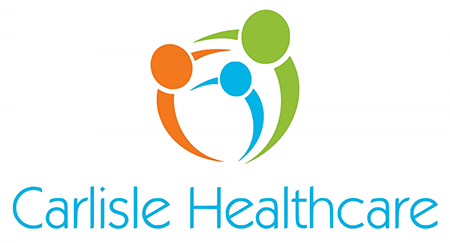Opening Times | NHS App | Contact Us
CQC Rating Good
Which vaccines are currently recommended during pregnancy?
Flu vaccine
Women who are pregnant face a higher risk of complications from the flu, especially in the later stages of pregnancy. Pregnancy alters the body’s response to infections like the flu, increasing the likelihood of some people who are pregnant and their babies experiencing complications including bronchitis, a potentially serious chest infection that can progress to pneumonia. If you contract the flu during pregnancy, it may lead to premature birth, low birth weight or tragically, stillbirth or infant death. Find out more about flu vaccinations during pregnancy by visiting The flu jab in pregnancy - NHS
Whooping cough vaccine
Whooping cough rates have surged, posing a significant risk to unvaccinated infants. Babies too young for vaccinations are especially vulnerable, often becoming seriously ill and requiring hospitalisation. If you are pregnant, you can protect your baby by getting vaccinated between 16 to 32 weeks of pregnancy. The immunity from this vaccine is passed on from parent to baby. If missed, the vaccine can still be given until women go into labour. Find out more about whooping cough vaccinations in pregnancy by visiting Whooping cough vaccination in pregnancy - NHS
Respiratory syncytial virus (RSV)
RSV is a common and highly contagious respiratory virus that can cause mild or severe infections ranging bronchiolitis, pneumonia and respiratory failure, especially for young infants and older adults. RSV accounts for over 30,000 hospital admissions for children under 5 each year. From September 2024, a routine programme began in England for people who are pregnant, who will be offered an RSV vaccination from 28 weeks of pregnancy, until full term, to protect their baby during the first months of life when they are most vulnerable to RSV. Anyone who is at least 28 weeks pregnant should speak to their maternity service or GP surgery to get the vaccine to protect their baby.
Those who are at highest risk of severe illness from RSV infection include:
- premature babies
- newborn babies (particularly in the first 6 months)
- children under 2 years with conditions that affect their heart, breathing or immune system
Older children and adults can also get infected with RSV. The disease is more serious for young babies.
RSV infection is more common in winter, but can happen at any time of year.
Link to Patient Leaflet: click here
For more information on vaccinations during pregancy please click here for video one or click here for video two
We use cookies to help provide you with the best possible online experience.
By using this site, you agree that we may store and access cookies on your device. Cookie policy.
Cookie settings.
Functional Cookies
Functional Cookies are enabled by default at all times so that we can save your preferences for cookie settings and ensure site works and delivers best experience.
3rd Party Cookies
This website uses Google Analytics to collect anonymous information such as the number of visitors to the site, and the most popular pages.
Keeping this cookie enabled helps us to improve our website.
